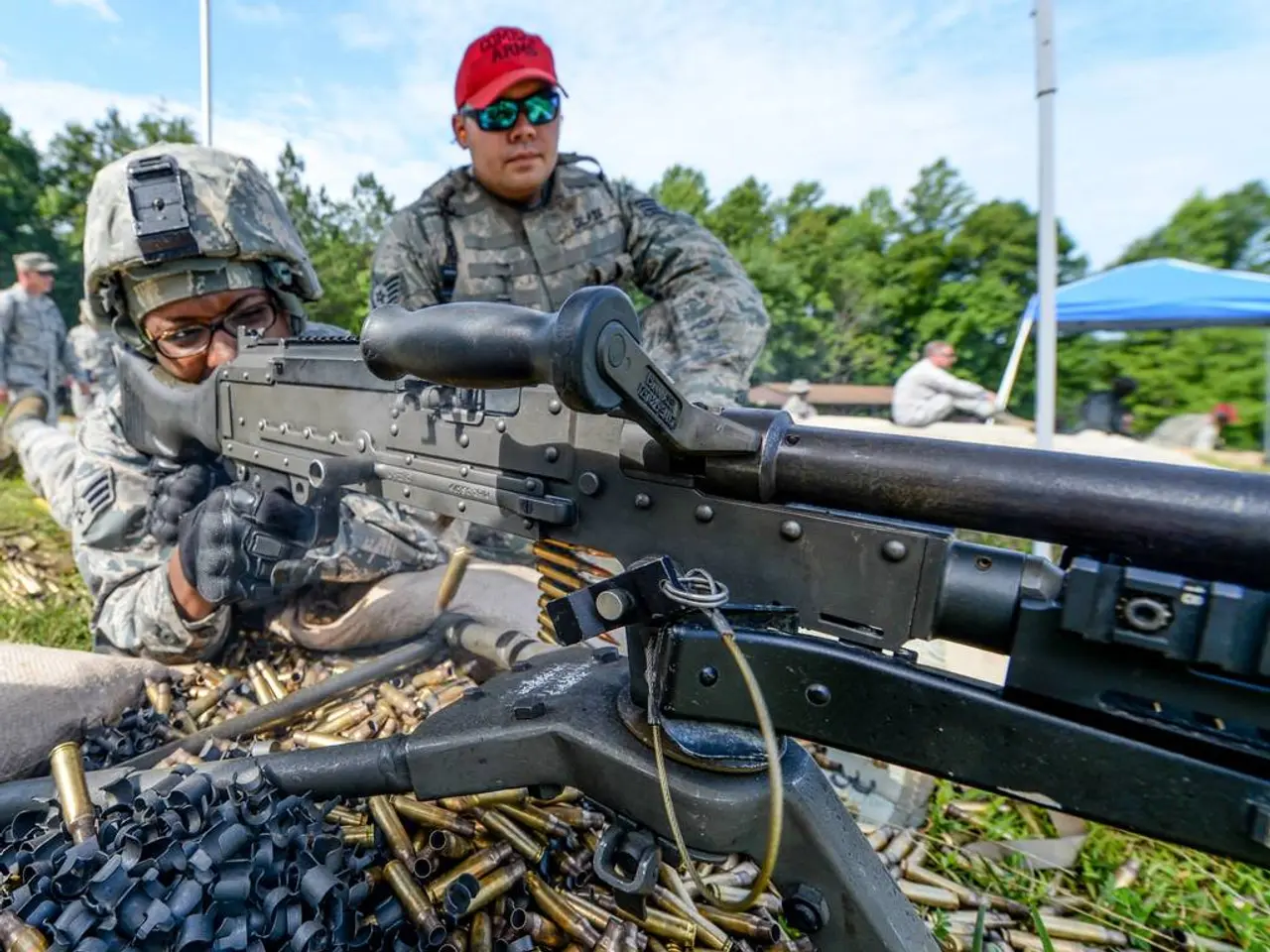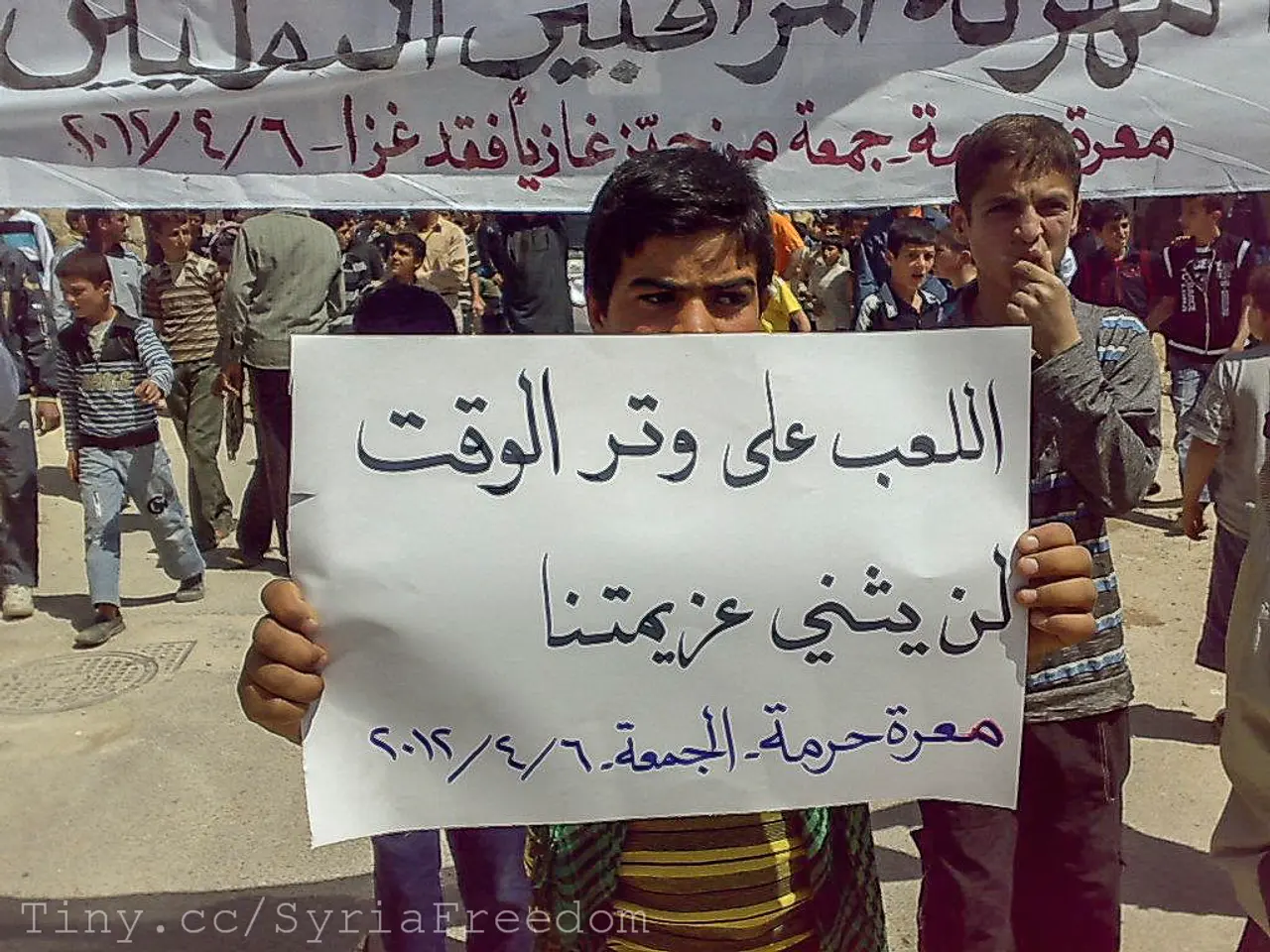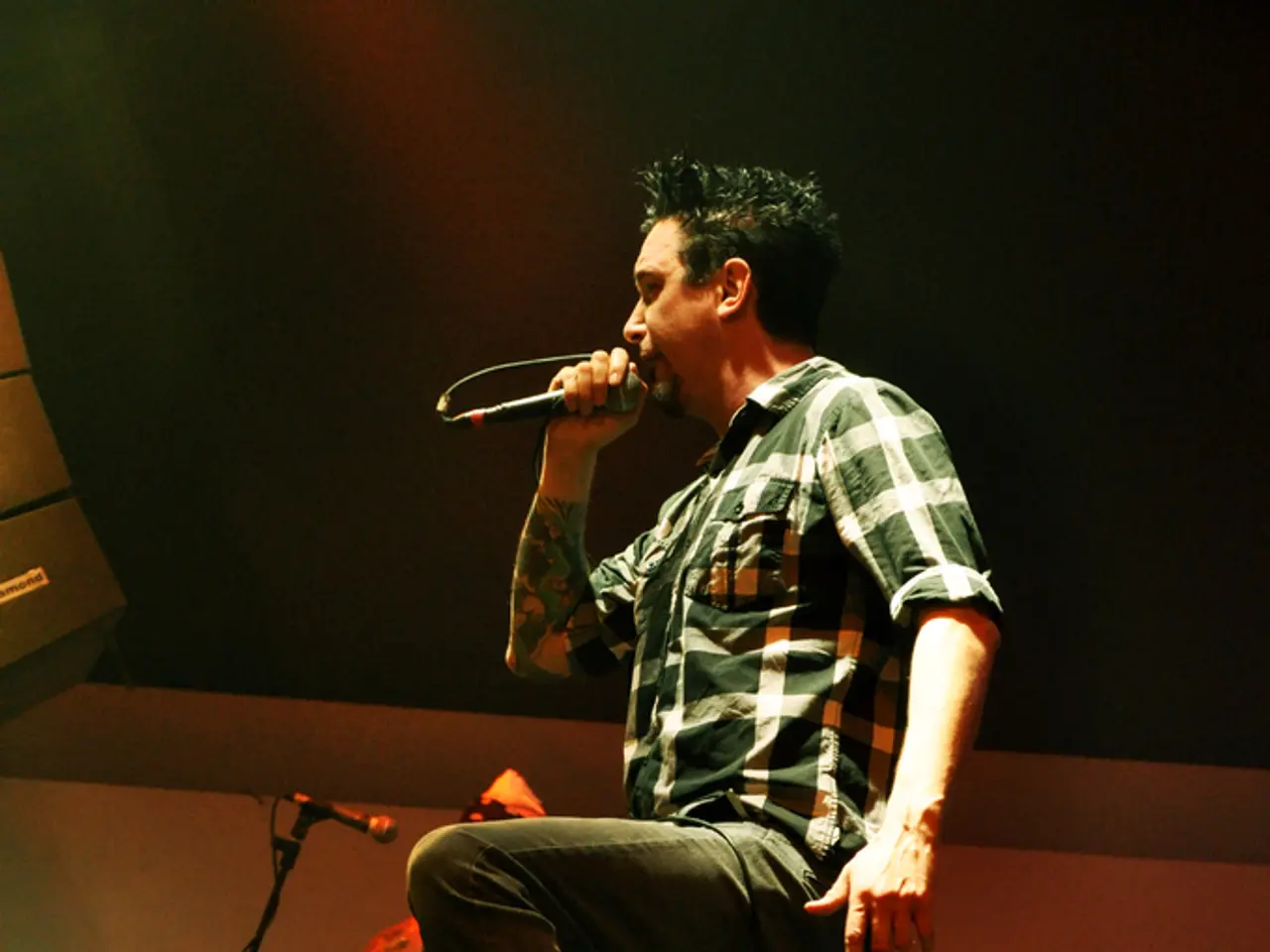"Discussion Topic Endures Over Time"
In recent years, the discussion surrounding right-wing extremism in Germany has predominantly revolved around native German neo-Nazi groups and the Alternative for Germany (AfD) party. However, there are concerns about the presence of Turkish right-wing extremist groups, particularly in cities like Cologne.
While there is no evidence of a significant, organized Turkish right-wing extremist movement operating within Germany, the presence of such groups cannot be entirely ruled out. If they exist, their operations and ideology are not clearly reflected in recent academic, journalistic, or governmental reports.
Turkish far-right extremism, such as supporters of the "Grey Wolves" or the Turkish Federation, ATIB, and UID, is not discussed in the available sources. Their activities might revolve around Turkish ultranationalist ideologies, such as anti-Kurdish, anti-Armenian, or anti-leftist positions, and could potentially include intimidation or attacks against perceived enemies of the Turkish state.
In Cologne, right-wing extremist events have been observed, including celebrations of nationalist musicians and the display of the wolf salute. These groups often operate through cultural centres, sports clubs, youth groups, and tutoring facilities, creating a sense of belonging and strengthening identity.
Ignorance is a significant problem, as all are often lumped together as "Turks", with differences overlooked. Criticising migrant communities may lead to generalisation, but open communication about ideologies is necessary to avoid misunderstandings and support those affected.
Politics must carefully examine the issue and not just aim to set a positive diversity signal. The lack of knowledge and will from politics to address the issue of Turkish right-wing extremism is concerning, with many viewing it as an internal migrant issue to be avoided.
It is important to note that the domestic intelligence agency estimates there are 18,000 organizationally bound right-wing extremists nationwide, with the actual number likely higher. This underscores the need for continued vigilance and open dialogue about the issue.
Associations like "Inisiyatif Turkish Cologne" and some Ditib communities are involved in right-wing extremism. Public resistance against the memorial to the genocide against the Armenians on the Hohenzollern Bridge, including signature campaigns, shows the presence of right-wing extremist ideologies in urban networks.
Attacks on Alevite communities in the Cologne area, vandalism, death threats, and discrimination in schools are examples of the threat manifesting in everyday life. These incidents serve as a reminder that the issue of right-wing extremism is not confined to political rhetoric or academic debates but impacts the lives of individuals and communities.
In conclusion, while Turkish right-wing extremism does not appear to be a major concern or documented phenomenon in Germany based on the available data, it is essential to remain vigilant and continue the dialogue about this issue. Open communication, understanding, and a commitment to addressing the root causes of extremism are crucial steps towards creating a more inclusive and harmonious society.
- Despite a lack of substantial evidence, there is growing concern about the presence and activities of Turkish right-wing extremist groups in cities like Cologne, away from the dominant discourse on native German neo-Nazi groups and the Alternative for Germany party.
- In the general-news sphere, discussions about Turkish far-right extremism, such as supporters of the "Grey Wolves", the Turkish Federation, ATIB, and UID, have been conspicuously absent, shedding light on the need for broader reporting on these groups and their potential involvement in intimidation, attacks, or local conflicts.







